Contents
The Penguin Book of
Russian Poetry
Edited by
ROBERT CHANDLER, BORIS DRALYUK
and IRINA MASHINSKI
with introductory notes to the individual poets by
ROBERT CHANDLER and BORIS DRALYUK
PENGUIN CLASSICS
UK | USA | Canada | Ireland | Australia
India | New Zealand | South Africa Penguin Books is part of the Penguin Random House group of companies whose addresses can be found at global.penguinrandomhouse.com.
These translations first published in book form in Penguin Classics 2015 Editorial material copyright Robert Chandler, 2015
All translations copyright the translator(s) concerned Cover: Detail for the cover of the first edition of
Jar-Ptitza, a magazine for Russian emigres in Berlin, 1921. (Bibliotheque des Arts Decoratifs, Paris, France/Archives Charmet/The Bridgeman Art Library) All rights reserved The moral right of the authors and translators has been asserted This publication was effected under the auspices of the Mikhail Prokhorov Foundation TRANSCRIPT Programme to Support Translations of Russian Literature.
Published with the support of the Institute for Literary Translation, Russia
This book has been selected to receive financial assistance from English PENs PEN Translates! programme, supported by Arts Council England. English PEN exists to promote literature and our understanding of it, to uphold writers freedoms around the world, to campaign against the persecution and imprisonment of writers for stating their views, and to promote the friendly cooperation of writers and the free exchange of ideas. www.englishpen.org
ISBN: 978-0-141-97226-8 PENGUIN

CLASSICS
THE PENGUIN BOOK OF RUSSIAN POETRY
ROBERT CHANDLER has translated Sappho and Guillaume Apollinaire for Everymans Poetry.
His translations from Russian include Alexander Pushkins Dubrovsky and The Captains Daughter, Nikolay Leskovs Lady Macbeth of Mtsensk and Vasily Grossmans Life and Fate, Everything Flows and The Road. With his wife Elizabeth and other colleagues he has co-translated numerous works by Andrey Platonov; Soul won the 2004 American Association of Teachers of Slavic and East European Languages award for best translation from a Slavonic language, as did his translation of The Railway (2006) by the contemporary Uzbek novelist Hamid Ismailov. His Russian Short Stories from Pushkin to Buida and Russian Magic Tales from Pushkin to Platonov are published in Penguin Classics. BORIS DRALYUK holds a PhD in Slavic Languages and Literatures from UCLA and is a Lecturer in Russian at the University of St Andrews. His work has appeared in the Times Literary Supplement, The New Yorker, World Literature Today and other journals. He is the translator of Lev Tolstoys How Much Land Does a Man Need (2010), A Slap in the Face: Four Russian Futurist Manifestos (2013), Anton Chekhovs Little Trilogy (2014), Isaac Babels Red Cavalry (2014); co-translator of Polina Barskovas The Zoo in Winter: Selected Poems (2011) and Dariusz Sosnickis The World Shared: Poems (2014); and author of the monograph Western Crime Fiction Goes East: The Russian Pinkerton Craze 19071934 (2012).
He received first prize in the 2011 Compass Translation Award competition and, with Irina Mashinski, first prize in the 2012 Joseph Brodsky/Stephen Spender Translation Prize competition. IRINA MASHINSKI is a bilingual poet, the author of nine books of poetry and translations. Her most recent collections are Volk (Wolf, 2009) and Ophelia i masterok (Ophelia and the Trowel, 2013). Irina Mashinskis work has been translated into several languages and has appeared in Poetry International, Fulcrum, Zeek, The London Magazine and other literary journals and anthologies, both in Russia and abroad. She is the co-founder (with the late Oleg Woolf) and editor of the StoSvet literary project, which includes the literary journals Cardinal Points (in English) and Storony Sveta (in Russian). She has received several literary awards, most recently first prize in the 2012 Joseph Brodsky/Stephen Spender Translation Prize competition (with Boris Dralyuk).
Irina Mashinski holds a PhD in Physical Geography from Lomonosov Moscow State University and an MFA in Poetry from New England College.
THE BEGINNING
Let the conversation begin... Follow the Penguin Twitter.com@penguinukbooks Keep up-to-date with all our stories YouTube.com/penguinbooks Pin Penguin Books to your Pinterest Like Penguin Books on Facebook.com/penguinbooks Listen to Penguin at SoundCloud.com/penguin-books Find out more about the author and
discover more stories like this at Penguin.co.uk
Chronology
1380 Battle of Kulikovo. The power of Muscovy begins to grow; that of the Mongols to wane. 1652 Patriarch Nikons reforms to Orthodox rituals bring about a major schism. 1703 Peter the Great founds St Petersburg. 1799 Birth of Alexander Pushkin. 1812 Napoleon captures Moscow but is forced to retreat. 1825 Decembrist Revolt: an unsuccessful coup by liberal members of the aristocracy. 1825 Decembrist Revolt: an unsuccessful coup by liberal members of the aristocracy.
Tsar Nicholas I comes to the throne. 1833 Pushkin publishes Eugene Onegin. 1837 Pushkin is killed in a duel. 1840 Publication of Lermontovs A Hero of Our Time. 1841 Lermontov is killed in a duel. 18536 The Crimean War, which ends in Russias defeat. 1861 Emancipation of the serfs. 18659 Publication of Tolstoys War and Peace. 187980 Publication of Dostoevskys The Brothers Karamazov. 1881 Alexander II assassinated by members of the terrorist Narodnaya Volya (Peoples Will) organization. 1891 Beginning of construction of Trans-Siberian Railway. 1905 Russia is defeated in a war with Japan. 1905 Russia is defeated in a war with Japan.
The 1905 Revolution is defused by liberal reforms. Russia becomes, in principle, a constitutional monarchy. 1910 Tolstoys funeral is attended by several thousand people. 1914 First World War begins. Sankt-Peterburg (St Petersburg) is given the more Russian name of Petrograd. 1917 Nicholas II abdicates after the February Revolution. 1917 Nicholas II abdicates after the February Revolution.

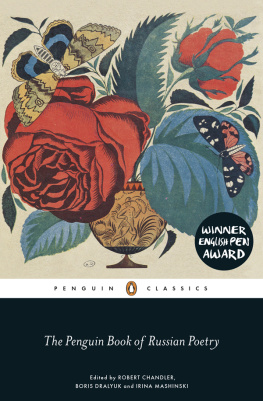
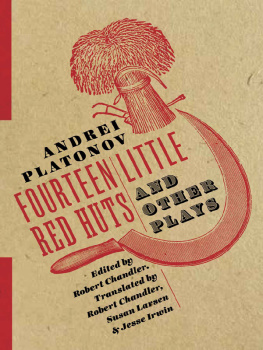


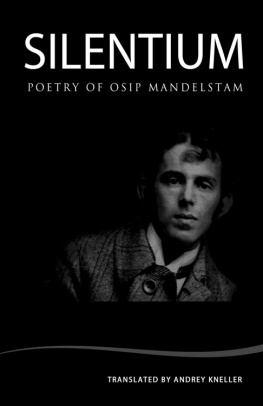
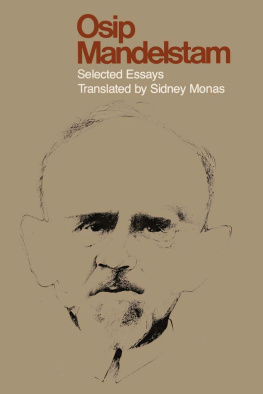




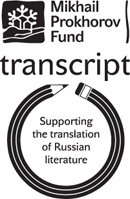
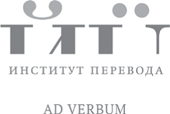

 CLASSICS
CLASSICS